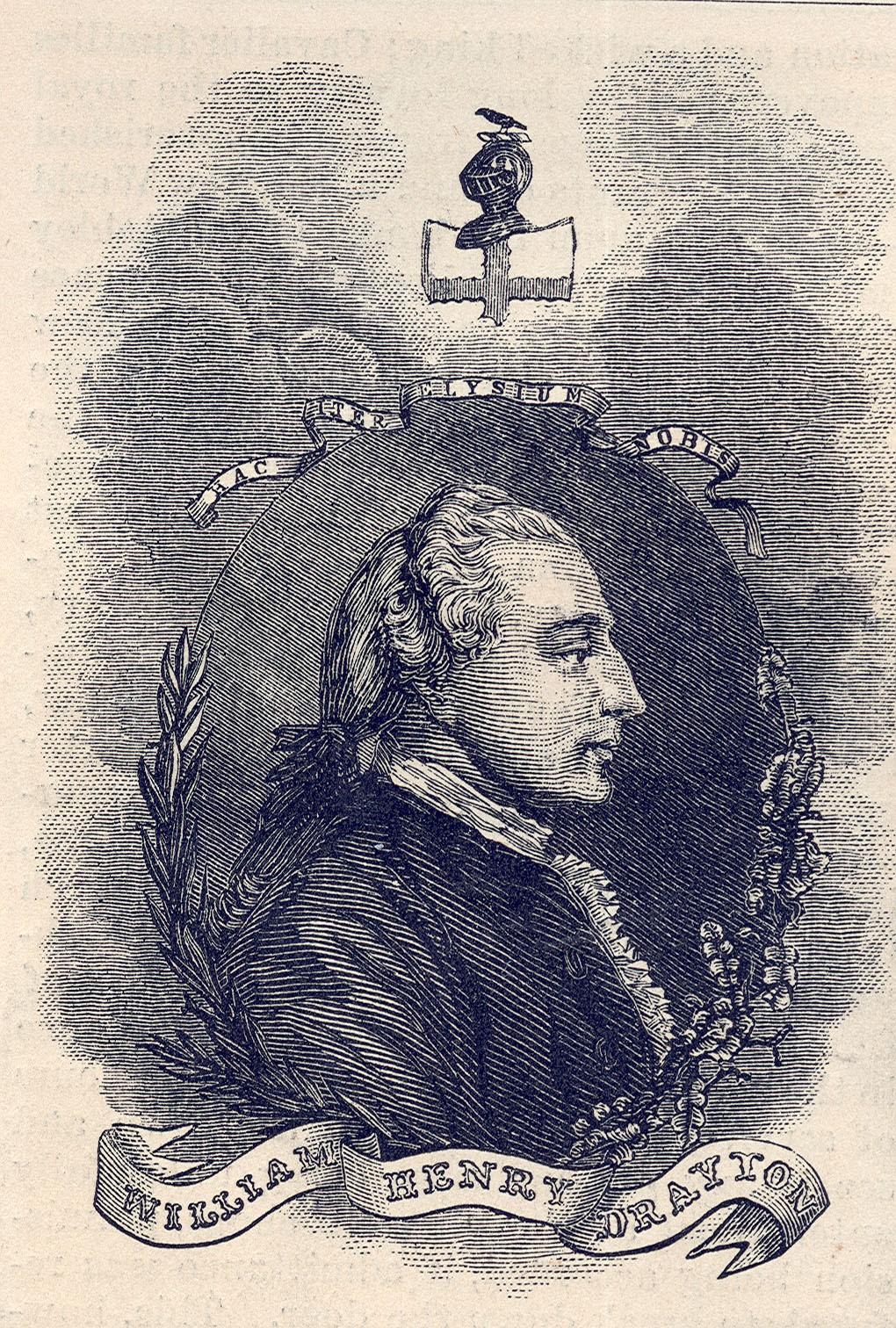
William Henry Drayton, Head of the Secret Committee that seized British gunpowder and weapons on April 21, 1775. From the collections of the South Carolina Historical Society.
After Britain passed the Coercive Acts, also known as the Intolerable Acts, in 1774, dissatisfaction rose among the American colonists. The day after the Battles of Lexington and Concord, South Carolinians moved to arm themselves. Charles Pinckney, the President of the Provincial Congress, appointed a Secret Committee to be headed by William Henry Drayton. The Committee was instructed to seize the British government’s weapons and gunpowder. On the night of Friday, April 21st, Drayton’s committee members led raids on three separate targets.
Charleston’s main armory was located near the corner of what is now Broad and Meeting Streets, under the current Federal Post Office. Around 11 p.m., William Henry Drayton met Charles Pinckney, Henry Laurens, Thomas Lynch, Benjamin Huger, William Bull, and John Drayton near the building. According to a memoir by Joseph Johnson, they were joined by a group of local mechanics. The men removed approximately 800 muskets, 200 cutlasses, and the building’s entire inventory of cartridge boxes. The weapons and munitions were dispersed and hid in several locations.
Two other powder magazines were outside the town limits, one on the “Neck” of the peninsula and the other on Molasses Creek, or Hobcaw, in what is now Mount Pleasant. According to Charleston historian Nic Butler, at the same time that the raid on the central armory was occurring, two groups took off in rowboats from the Charleston waterfront. He speculates that they departed from Gadsden’s wharf with one boat headed to Shipyard Creek on the Neck while the other took the Wando River towards Molasses Creek. By most accounts, the magazine on the Neck was empty when the burglars arrived but the other contingent seized all the powder from the Hobcaw magazine and delivered it to Gadsden’s wharf as expected.
The next morning, Lieutenant-Governor William Bull was informed of the raids and called for an investigation. The Ordinance Storekeeper described the items that had been stolen from the central armory and reported that there was nothing to indicate forced entry of the facility. The Deputy Powder Receiver reported that the public powder magazine near Hobcaw was forced open and all the powder had been removed. If anyone witnessed the burglaries, they did not step forward, even when Bull offered a reward of £100 sterling. Bull referred the matter to the investigation of the Commons House, who responded by stating that they were unable “to obtain any certain intelligence relative to the removal of the public arms, and gun-powder,” but suggested that “some inhabitants of this colony, may have been induced to take so extraordinary and uncommon a step, in consequence of the alarming accounts from Great Britain.” According to Butler, those accounts divulged Britain’s intentions to use it’s military to extinguish any resistance in the colonies. These nighttime raids demonstrated that South Carolinians were ready to act.